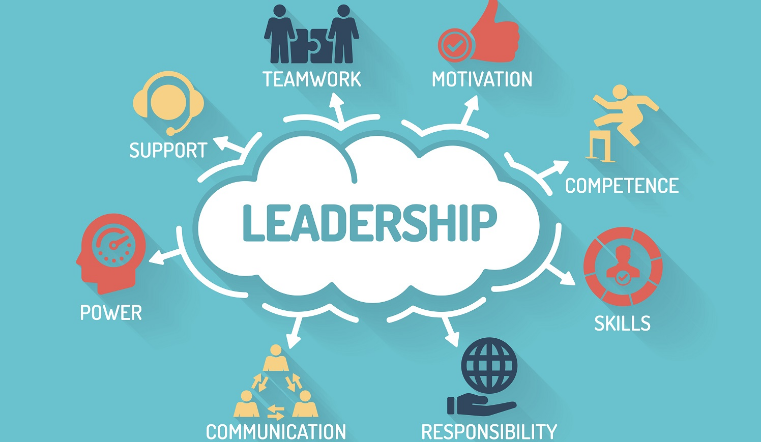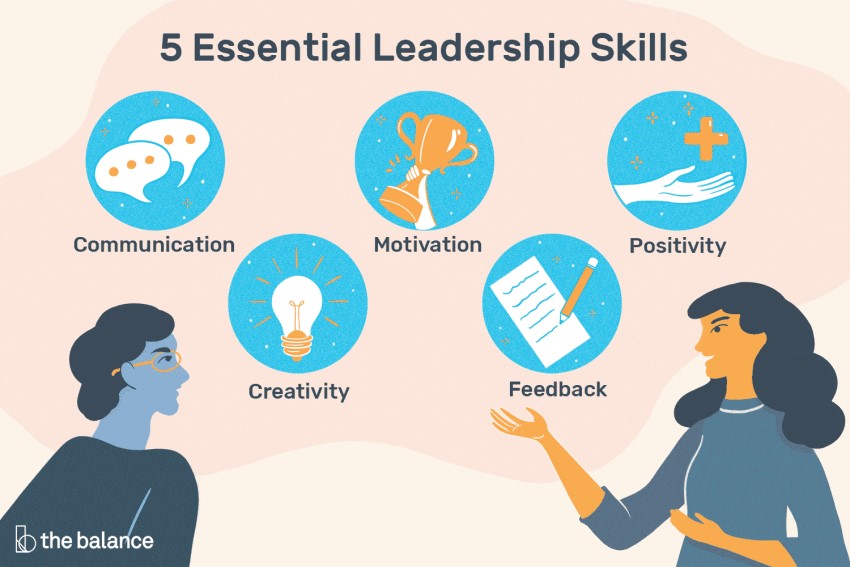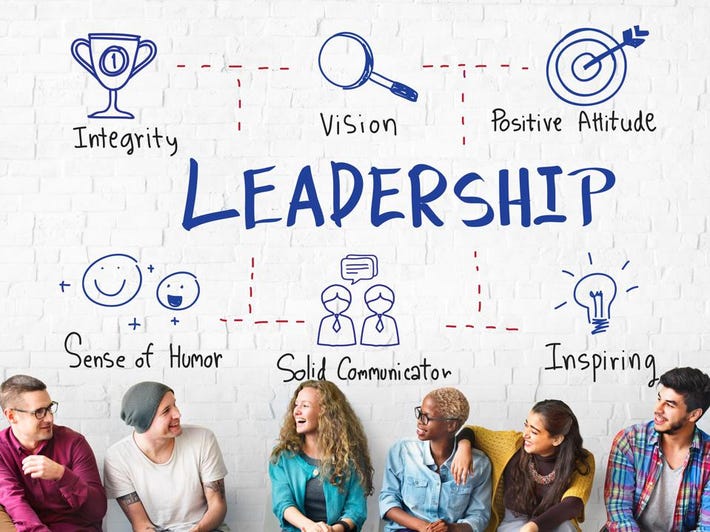Anyone can be placed in a leadership role, but becoming good at and growing in that position requires solid leadership skills. Good leadership skills top the list of competencies that employers need to focus on when recruiting or promoting to a higher position. If you want to be a more effective leader in your organization or industry, here are the most important skills you should develop to achieve that goal.
What are Leadership Skills?
Leadership skills are the strengths and abilities that individuals exhibit to help oversee processes, guide initiatives, and direct their employees toward the achievement of goals. Leadership is an essential ingredient in making important decisions to accomplish the organization’s mission and goals and allocating resources appropriately to achieve those directives.
The importance of leadership skills in business

Leadership skills in the new generation play a very important role in the development and success of an organization or business. If a leader does not have the capacity and skills, it will not be possible to lead the organization or business to develop in the right direction. People with good leadership skills will assemble a good and loyal team. In addition, they can also spark trust and motivation in employees. From there, leaders can explore the capabilities of each person in the team to improve efficiency and develop their careers.
Leaders play an important role in creating and maintaining a positive organizational culture, which can significantly impact employee morale, productivity, and overall success. In addition, effective leaders can manage change and adapt to new challenges, ensuring that organizations can remain competitive and successful in a rapidly changing business environment. Overall, strong leadership skills are essential to the success of any business, as they help leaders drive performance, build positive cultures, manage change, and grow talent team development.
The 5 Key Leadership Skills you need to know
Communication
You must have the ability to succinctly and effectively communicate with your team members everything from the organization’s objectives to individual missions. All communication channels, including face-to-face, cross-departmental, and employee-wide interactions, as well as phone, email, video, chat, and network social interactions, must be mastered by leaders. Communication includes listening in a major part. Leaders should regularly be accessible to employees to address their issues and concerns.
Emotional Intelligence
Emotional intelligence is an individual’s ability to recognize and manage emotions in themselves and in others. In a nutshell, it’s the ability to recognize one’s own strengths, weaknesses, and emotions and to adjust to them. It also includes the ability to manage relationships with others and resolve conflicts. For all leaders, emotional intelligence is a critical competency. It is so important that it affects most of the rest of the skills on this list.
Strategic thinking
It’s crucial to understand that a leader spends the majority of their time on company strategy, selecting and attempting to attain corporate goals. These objectives will, when needed, be closely related to concerns about financial performance, including profitability, cash flow, and other important measures. All corporate leaders should maintain their financial acumen in light of this.

Adaptability
One of the most crucial leadership traits is flexibility. Leaders need to be adaptable and agile in order to deal with the highly competitive business environment, climate change, changes brought on by the COVID-19 pandemic, and many other issues. To avoid being left behind by changes in your sector and to provide your company with a competitive edge, leaders must adopt a lifelong learning approach.
Decision-making
A leader is always required to make decisions. To be an effective leader, those decision-making skills need to be at their peak. Critical decisions that affect your organization at scale need to be sound and solid. Remember, some decisions may not always be favorable, but it is important that as a leader you are able to recognize your responsibilities and make decisions clear to the team or organization.
How to Develop leadership skills in business?

- Seek education and training: Seeking education and training, such as enrolling in leadership courses or pursuing a degree or certificate in leadership, can provide you with a strong foundation of knowledge and skills. Additionally, reading books, articles, and case studies on leadership, as well as biographies of successful leaders, can provide valuable insights and perspectives on effective leadership practices. Attending seminars and conferences can also be a great way to network with other leaders and learn from industry experts.
- Ongoing learning: Ongoing learning and growth are critical to the development of leadership skills. By committing to continuous improvement, and seeking out new challenges and experiences, you can stay up-to-date with the latest developments in your field and continue to develop your leadership skills over time. This might include taking additional courses or workshops, attending industry events, or seeking out new leadership opportunities within your organization.
- Seek feedback: Seeking feedback from others is an important part of developing your leadership skills. By regularly seeking feedback from team members, colleagues, mentors, and other leaders, you can gain valuable insights into your strengths and areas for improvement. It’s important to be open to constructive criticism and coaching and to take this feedback into account as you work to improve your leadership skills.
Conclusion
In conclusion, leadership skills are critical to the success of any business. Effective leaders set direction, improve performance, build culture, facilitate growth, manage change, build teams, and develop talent. By continuously working to improve their leadership skills, individuals can become effective and inspiring leaders, and contribute to the success of their organizations.

